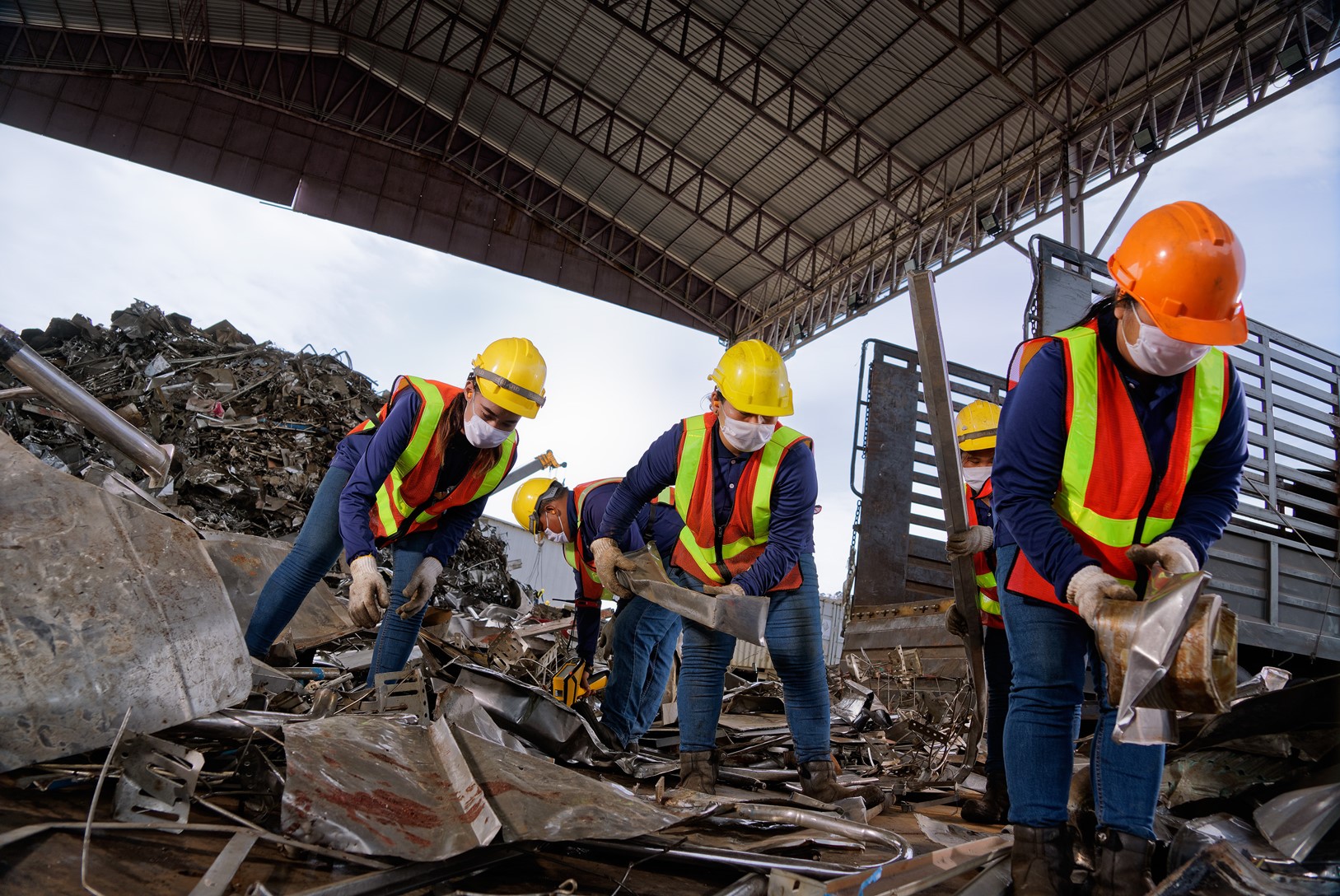Scrap Bonus Thailand
Background
Stainless steel scraps can be reprocessed infinitely into high-quality stainless steel, making it a valuable recycling raw material. The use of stainless steel scraps as a raw material for the production of stainless steel leads to welfare gains: Current and future generations benefit from cost savings due to the avoided environmental impact. This effect is known as the "scrap bonus". The scrap bonus represents the social cost savings due to avoided environmental impacts of using one ton of scrap steel. Studies have shown that remelting one ton of stainless steel scrap saves around 6.71 tons of CO2 compared to the use of ores and ferroalloys. The "scrap bonus" associated with this emission reduction is estimated worldwide at 158 to 502 euros per ton of stainless steel scrap.
Project description
The consequences of climatic changes will vary from country to country. Southeast Asian countries are among the most vulnerable to climate change in the world. Quantifying and communicating the societal value of stainless steel scrap highlights its importance in efforts to address climate change.
"The Societal Welfare Gains from Stainless Steel Recycling in Thailand" project analyzes how Thailand benefits from stainless steel recycling through climate change mitigation. As an illustration, the Oryx Stainless plant in Bangkok is studied and the associated welfare gains for Thailand are determined.
Our services
The study is divided into three work packages (WP). The first WP provides background information on stainless steel and its recycling processes with a focus on Thailand. The reduction of greenhouse gas emissions associated with Oryx Stainless' activities in Thailand is quantified in the second WP based on a life cycle analysis (LCA). The results are the greenhouse gas emissions saved, expressed in carbon dioxide equivalents (CO2e) per ton of scrap. The third work package examines the impacts and costs of climate change in Thailand. It combines emission reductions with estimates of the social cost of carbon in Thailand, converting tons of CO2 into money.
The project also presents policy strategies to mitigate climate change in Thailand, with a focus on strategies based on the circular economy.
The work is being carried out by Fraunhofer IMW and relevant partners in Thailand. One focus is that Thai scientists and stakeholders are involved in the whole process and with their expertise make an important contribution to a validated and recognized outcome of the study.
